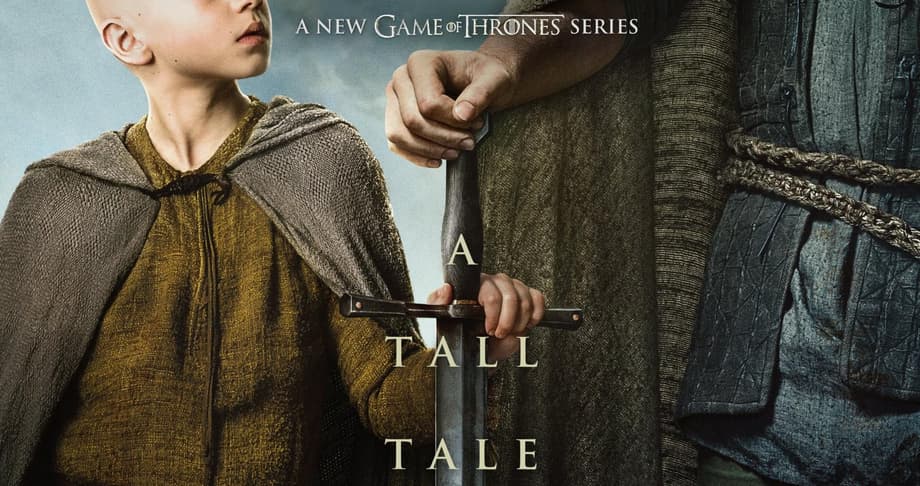For all its narrative flaws (and there were many), Rogue One: A Star Wars Story was actually a very interesting experiment for Disney and Lucasfilm. It proved that the franchise could actually have darker, more violent entries that ultimately led to the death of all of our lead characters. While it seemed like the most natural direction to go for the movie, I wasn’t sure if Disney would have the confidence to go with such a downer ending.
Luckily for us, the movie had multiple screenwriters. One of these writers is About a Boy‘s and The Golden Compass‘ Chris Weitz, who came on for a middle version of the draft. he recently hopped on the Cult Popture Podcast (via THR), and in it, he revealed that Gary Whitta’s version of the screenplay didn’t have that ending.
“The version prior to [my involvement] didn’t have everyone die. As a matter of fact, it ended with a wedding,” Weitz said. “I think it was on the presumption that Disney wouldn’t allow characters to die with such abandon.”
RELATED – Star Wars: This Title Would Be Terrible | The Cantina
But, like many fans, Weitz felt there was a very straightforward reason as to why they needed the bummer ending. It’s definitely the reason I thought it should end in such a way.
“I felt it was necessary because nobody ever mentions them or sees them again. But also because we’ve done this whole sort of theme about sacrifice that it was appropriate that all of our main characters die.”
Of course, things changed quite a bit after Weitz’s own ending came about as well. As was made pretty public, Tony Gilroy came in and did a last-minute overhaul for reshoots. Weitz didn’t give specifics, but here’s what he had to say about its restructuring.
“If you imagine the beginning of the second act and the end of the second act kind of swapping places, that would not be an inaccurate way to portray how it structurally was changed. A lot of the deaths were put in different locations than they were originally put in the script and were originally shot. I’m not sure why, for instance, K-2 died in a different place.”
And I know what you’re wondering, and the answer is no, Weitz was not responsible for that Darth Vader scene at the end. His ending, instead was more subtle and less directly tied to Star Wars: A New Hope.
“It was just the sense that the rebellion that something bad was going down and we need to find out about it. There was this developing sense of dread throughout the film.”
What do you think of all these changes? Were they the right move? Let us know your thoughts down below!
Don’t forget to share this post on your Facebook and Twitter using the buttons at the top! Or you can react to the post down below!
SOURCE: Cult Popture Podcast (via THR)
 FOR FANBOYS, BY FANBOYS
Have you checked out LRM Online’s official podcasts and videos on The Genreverse Podcast Network? Available on YouTube and all your favorite podcast apps, This multimedia empire includes The Daily CoG, Breaking Geek Radio: The Podcast, GeekScholars Movie News, Anime-Versal Review Podcast, and our Star Wars dedicated podcast The Cantina. Check it out by listening on all your favorite podcast apps, or watching on YouTube!
Subscribe on: Apple Podcasts | Spotify | SoundCloud | Stitcher | Google Play
FOR FANBOYS, BY FANBOYS
Have you checked out LRM Online’s official podcasts and videos on The Genreverse Podcast Network? Available on YouTube and all your favorite podcast apps, This multimedia empire includes The Daily CoG, Breaking Geek Radio: The Podcast, GeekScholars Movie News, Anime-Versal Review Podcast, and our Star Wars dedicated podcast The Cantina. Check it out by listening on all your favorite podcast apps, or watching on YouTube!
Subscribe on: Apple Podcasts | Spotify | SoundCloud | Stitcher | Google Play




